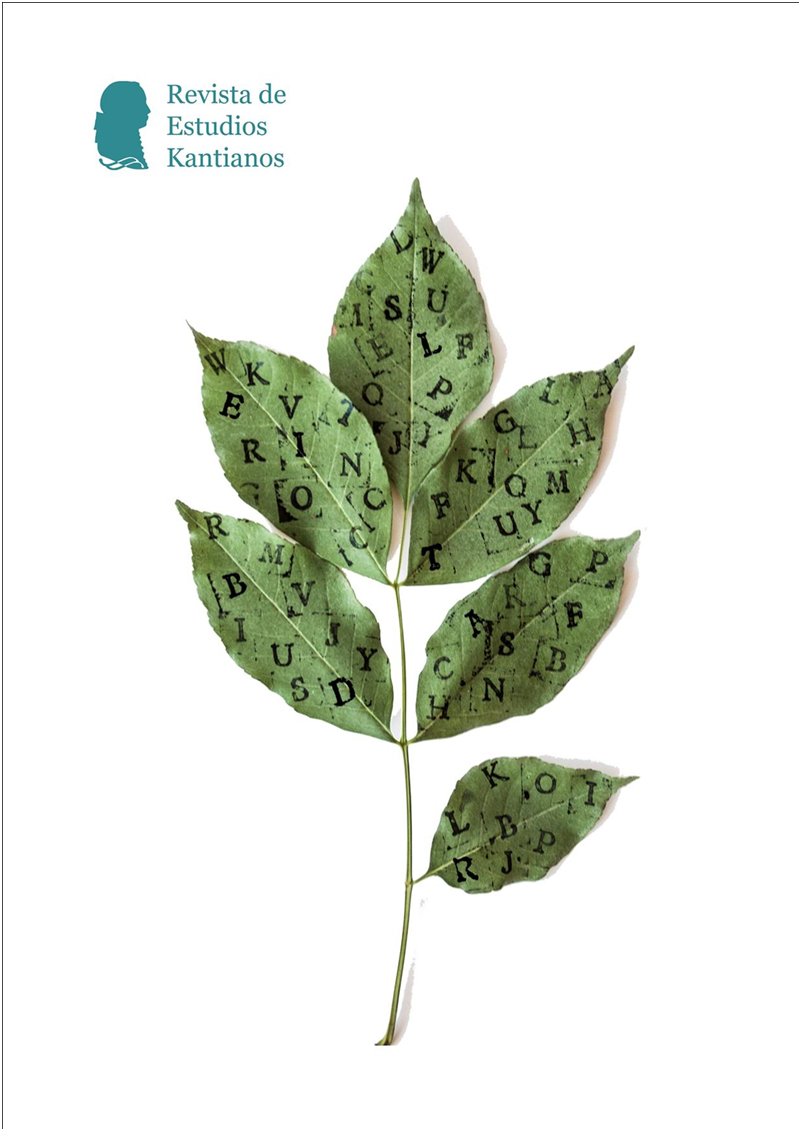Technische Kultur als Pflicht bei Kant
DOI:
https://doi.org/10.7203/REK.5.1.13773 Abstract
Abstract
Wie die meisten seiner Zeitgenossen hält auch Kant die Kultivierung der natürlichen Anlagen für moralisch geboten. Allerdings ist seine Begründung dieses Gebots, die er in der Tugendlehre vorlegt, nicht ganz einfach zu verstehen. Denn einerseits darf diese Begründung keine pragmatische oder naturteleologische sein, um als moralphilosophische zu gelten. Und andererseits betrifft das Gebot zur technischen Kultivierung lediglich eine Naturanlage, die als solche moralphilosophisch irrelevant zu sein scheint. Dennoch behauptet Kant, dass technische Kultur ein moralisch gebotenes Mittel für die Realisierung des höchsten moralischen Zwecks der Menschheit ist. Im vorliegenden Aufsatz wird eine Antwort auf die Frage gegeben, inwiefern dieses teleologische Urteil Kants gerechtfertigt ist. Dafür werden sein Begriff von technischer Kultur, seine Darstellungen der Pflicht zu technischer Kultur in der Tugendlehre sowie seine Konzeption ‚metaphysischer Anfangsgründe‘ vorgestellt, so dass seine Begründung der Pflicht zu technischer Kultur als moralteleologische verstanden werden kann.
 Downloads
Downloads
Downloads
Published
How to Cite
-
Abstract423
-
PDF (Español)309
Issue
Section
License
![]()
The authors who publish in this journal agree with the following terms:
- The authors retain their copyright and guarantee to the journal the right to be the first to publish the work and to license it under a Creative Commons Attribution License that allows others to share the work with an acknowledgement of its authorship and the initial publication in this journal.
- Authors may separately establish additional agreements for non-exclusive distribution of the version of the work published in the journal (for example, placing it in an institutional repository or publishing it in a book), with acknowledgement of its initial publication in this journal.
- Authors are allowed and encouraged to disseminate their work electronically (e.g., in institutional repositories or on their own website) before and during the submission process, as this can lead to productive exchanges as well as earlier and greater citation of published work (see The Effect of Open Access).








